Thoreau’s Neighbors:
Contemporary African American influencers of Henry David Thoreau
Thomas Dugan was a self-emancipated African American from Virginia and the third formerly enslaved person to own land in Concord. After his first wife died, Thomas married Jennie Parker. Thoreau often writes in his journals about stopping by the Dugan’s cabin on his walks for advice or just to have a friendly conversation about farming, wildlife, and nature around Walden Woods.
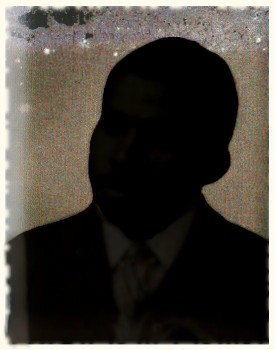
Dugan tells me that three otter were dug out the past winter in Deacon Farrar’s wood-lot, side of the swamp, by Powers and Willis of Sudbury. He has himself seen one in the Second Division woods. Ile saw two pigeons to-day. Prated [sic] for them ; they came near and then flew away. He saw a woodchuck yesterday . I believe I saw the slate-colored marsh hawk to-day.
Henry David Thoreau, April 1853
Thomas Dugan was a farmer and, according to the value of his property and the inventory of his estate, he was a good farmer. Thomas Dugan introduced the rye cradle to Concord and taught local farmers how to graft apple trees. After he died he was recalled as an expert grafter of apple trees, one who “did much to advance the farming interests in Concord; he was industrious and a peacemaker.” Nut Meadow Brook, in Concord, was renamed Jennie Dugan’s Brook, because of their family’s contributions to the community and Jennie Dugan Road remains today near the old Dugan homestead.
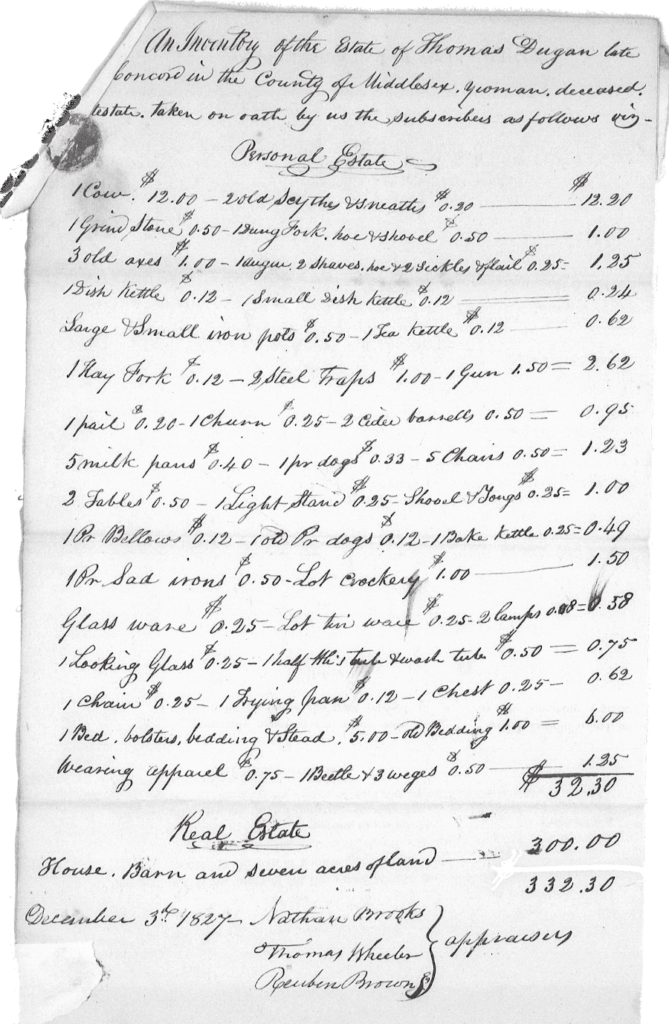
Elisha Dugan, Thomas and Jenny Dugan’s son, hunted or trapped most of his food from within Walden Woods. Elisha was poor and hunted and trapped wildlife for sustenance. Thoreau was fascinated by his ability to spend all of his days hunting partridges and rabbits. Thoreau memorialized Elisha in his poem “The Old Marlborough Road” which was published posthumously in The Atlantic Monthly in 1862.
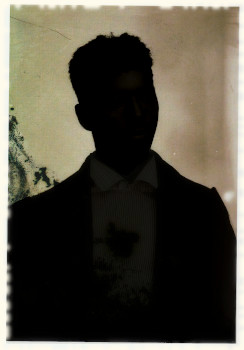
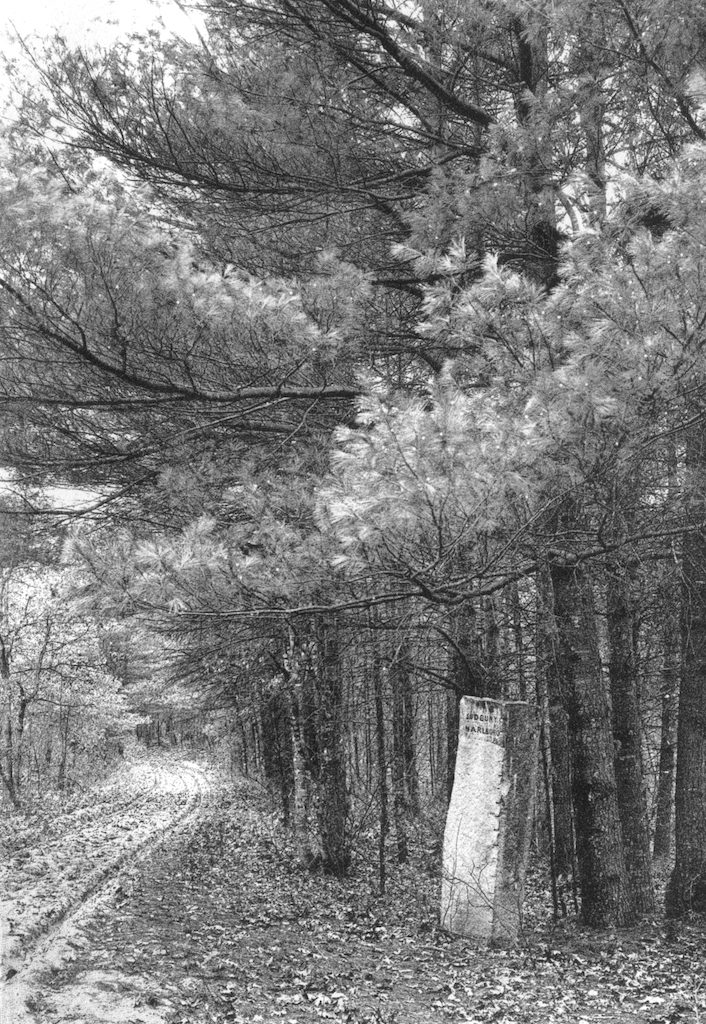
Source: The Walden Woods Project
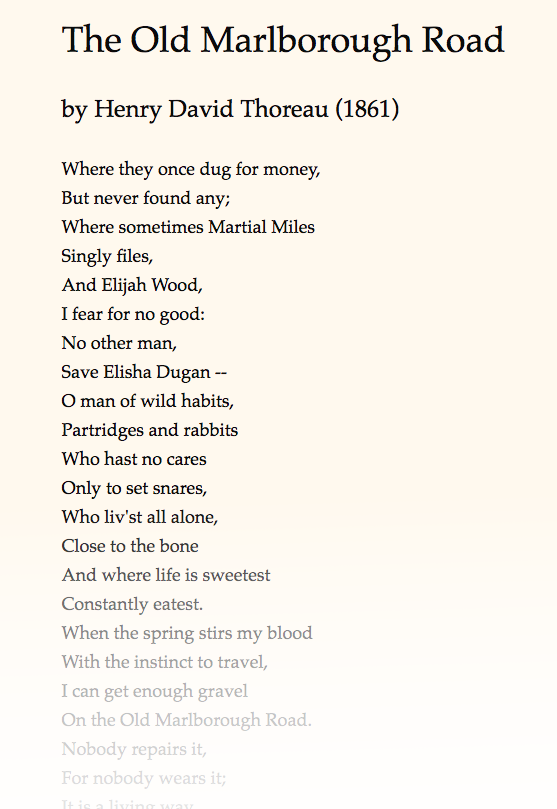
Cite this page › Chicago Style
Gallo, Travis. “Thoreau’s Neighbors: Contemporary African American influencers of Henry David Thoreau.” The Enslaved Naturalist. John Mitchell, Jr. Program for History, Justice, & Race: Digital Museum. November 1, 2021. [this-url]